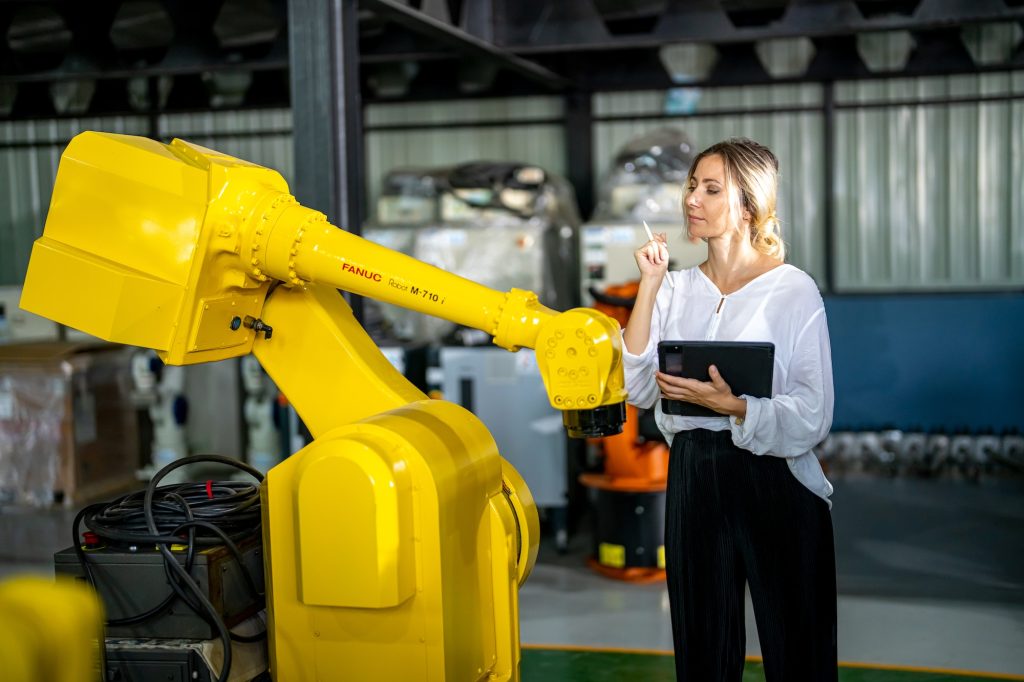
Artificial Intelligence (AI) and engineering have long been intertwined, with each field influencing and advancing the other. The intersection of these two disciplines has led to remarkable innovations that have revolutionized various industries. AI has greatly enhanced engineering processes, enabling engineers to design more efficient systems, optimize operations, and solve complex problems.
One key area where AI has significantly impacted engineering is in the field of automation. Engineers can now develop intelligent systems that can perform tasks autonomously, reducing human intervention and increasing productivity. For example, robots with AI algorithms in manufacturing plants can assemble products with precision and speed. This not only improves efficiency but also ensures consistent quality.
Moreover, AI-powered algorithms are used in engineering simulations to analyze vast amounts of data quickly and accurately. This enables engineers to make informed decisions based on real-time information, leading to improved designs and reduced costs. Additionally, machine learning techniques optimize building energy consumption by analyzing usage patterns.
However, the integration of AI into engineering also presents challenges. As systems become more complex, ensuring their safety becomes crucial. Engineers must consider ethical implications when designing autonomous machines or systems that rely heavily on AI algorithms.
The intersection of AI and engineering has brought about numerous advancements that have transformed industries across the globe. These technologies have improved efficiency, from automation to optimization techniques, while reducing business costs worldwide. However, engineers need to approach this integration responsibly by considering ethical considerations as they continue to push the boundaries of what is possible at this exciting intersection between artificial intelligence and engineering.
Artificial intelligence (AI) has revolutionized various industries, and civil and structural engineering is no exception. Integrating AI in these fields has brought about significant advancements, enhancing efficiency, accuracy, and safety.
One of the key applications of AI in civil and structural engineering is in the design process. AI algorithms can analyze vast amounts of data to generate optimized designs that meet specific requirements. This saves time and minimizes errors by considering various factors such as load capacity, material strength, and environmental conditions.
Furthermore, AI can be utilized for predictive maintenance in infrastructure systems. AI algorithms can detect potential issues before they become critical by analyzing real-time data from sensors installed on bridges, buildings, or other structures. This proactive approach helps prevent accidents and reduces maintenance costs.
Moreover, AI plays a crucial role in improving construction site safety. Using computer vision technology and machine learning algorithms; cameras can monitor workers’ activities to identify potential hazards or unsafe practices. Real-time alerts can then be sent to supervisors to take immediate action.
The integration of AI in civil and structural engineering has transformed these fields by enhancing design processes, enabling predictive maintenance, and improving construction site safety. As technology continues to advance rapidly, it is evident that AI will play an increasingly vital role in shaping the future of these industries.
